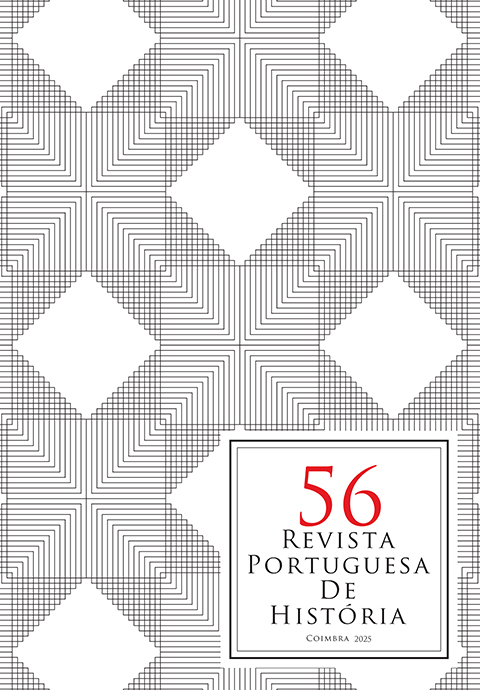Capitalismo e desigualdade. Característica estrutural ou implicações diferentes de diversas conceções socioeconómicas? Uma leitura historiográfica
DOI:
https://doi.org/10.14195/0870-4147_56_14Palavras-chave:
Relações socioeconómicas capitalistas, Correntes de pensamento económico e social, Políticas socioeconómicas, Formas de conhecimento, Paradigmas epistemológicosResumo
Visamos com este artigo, por um lado, descrever e interpretar a evolução das formas como se tem estruturado o relacionamento entre senso comum e ideologia, humanidades, ciências sociais e tecnologias de base científica também delas derivadas. Pretendemos, por outro lado, observar as consequências decorrentes da aplicação de cada um dos paradigmas epistemológicos em causa - moderno, neo-moderno e pós-moderno - à análise da problemática das desigualdades nas sociedades organizadas a partir do modo de produção capitalista (escalas local/regional, nacional, subcontinental e global).
Tentamos, depois, propor uma caracterização sintética, numa lógica de história do tempo presente, da evolução das desigualdades, nas economias capitalistas (em países desenvolvidos, de desenvolvimento intermédio e sub-desenvolvidos), desde o fim da Guerra Fria. Adotamos, para o efeito, a perspetiva da nova historiografia - neo-moderna e decorrente da fusão entre idealismo crítico, marxismo crítico e historiografia estruturalista - e esboçamos comparações com os séculos XVIII e XIX, com o pós-Primeira Grande Guerra e com o pós-Segunda Guerra Mundial.
Downloads
##submission.downloads##
Publicado
Edição
Secção
Licença
Direitos de Autor (c) 2025 Revista Portuguesa de História

Este trabalho encontra-se publicado com a Licença Internacional Creative Commons Atribuição 4.0.
Os autores conservam os direitos de autor e concedem à revista o direito de primeira publicação, com o trabalho simultaneamente licenciado sob a Licença Creative Commons Attribution que permite a partilha do trabalho com reconhecimento da autoria e publicação inicial nesta revista.











